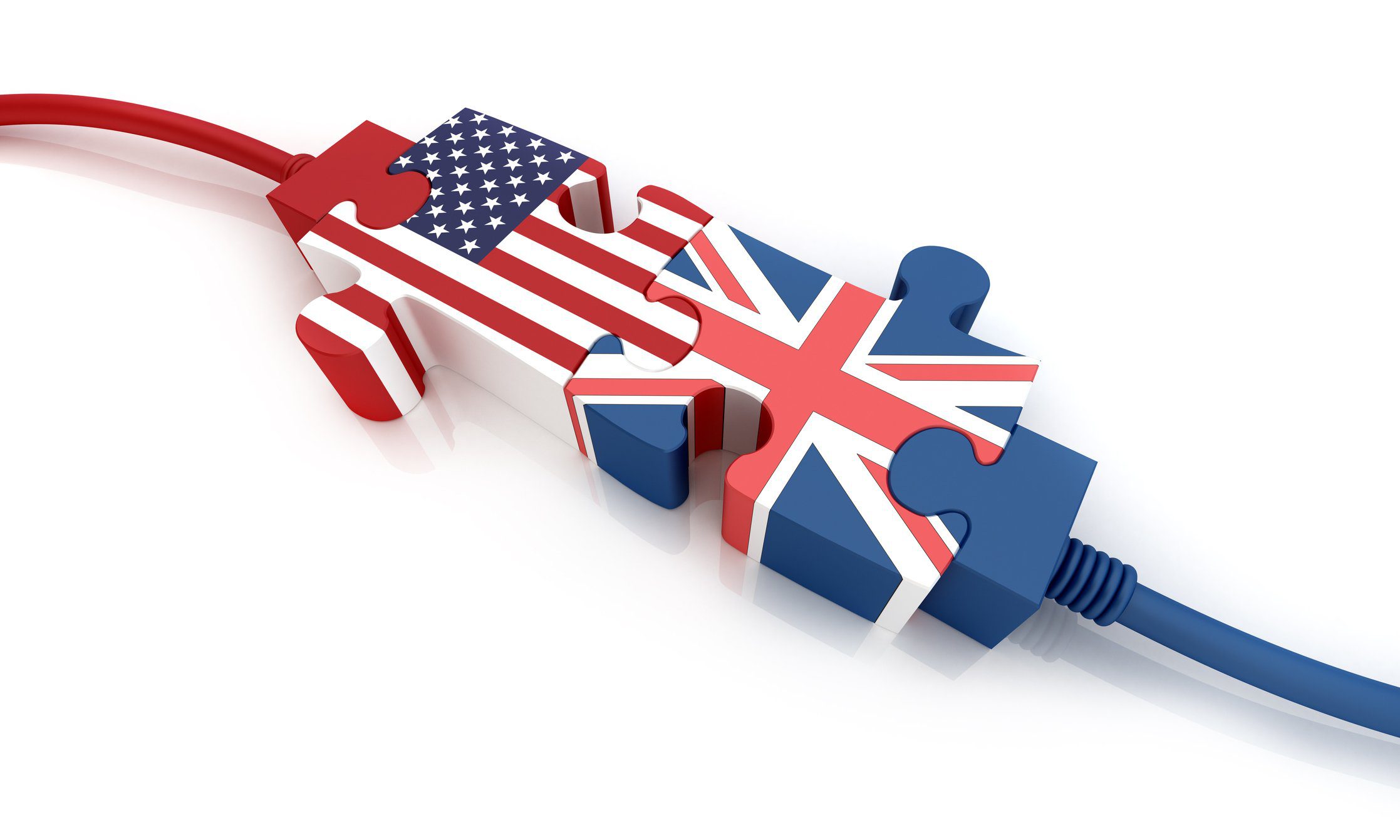12 Oct Export Controls: Global Security and Russia
In recent years, geopolitical tensions have resulted in stricter export controls on specific items that have the potential to be diverted to support military operations. The Department of Commerce's Bureau...





